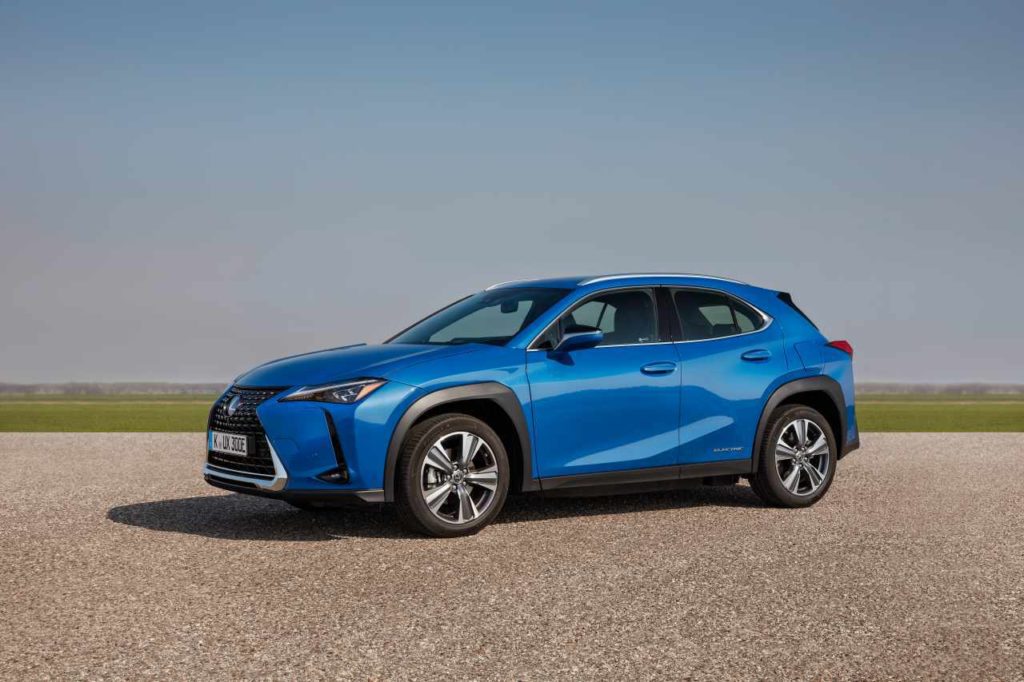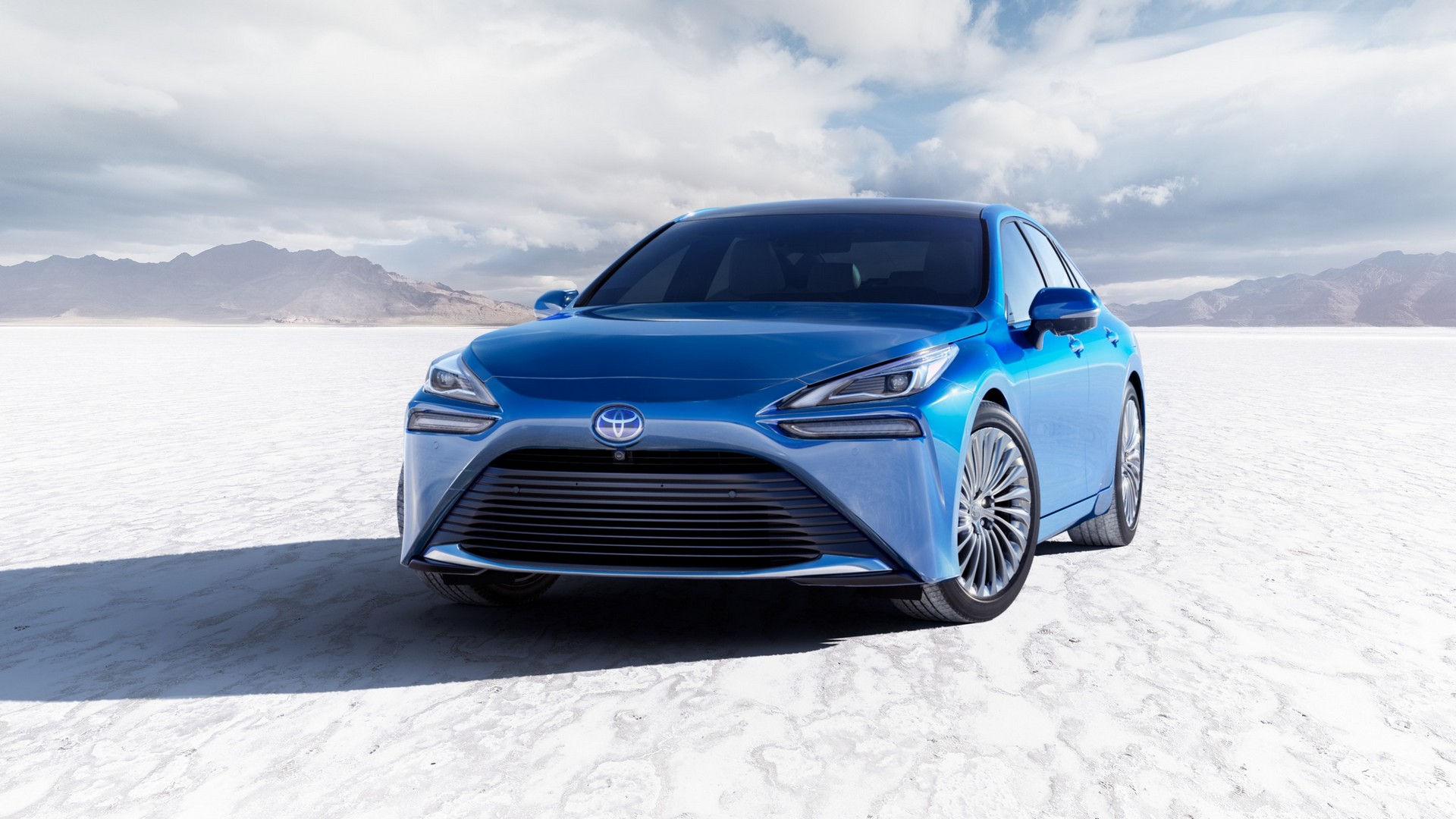Akio Toyoda, Toyota’s chief executive officer, recently predicted that Tesla will lose in its match against traditional manufacturers once they catch up with electric cars’ development. “Tesla says that its recipe will be the standard in the future, but what Toyota has are a rare kitchen and a real chef,” said the manager.
“They are not really doing something that is real, people are just buying the recipe. We have the kitchen and the chef, and we make real food. When it comes to products, we have a complete menu that will be chosen by customers,” adds the manager, referring to Toyota’s strategy of diversifying its product portfolio with models such as the hydrogen Mirai.
Although Toyota has a production capacity (about 10 million units per year) much higher than that of Tesla (which aims to reach half a million this year), today the firm led by Elon Musk has a higher market value thanks to to the technological advantage it has in the field of electric cars. A sector that Toyota has neglected despite its historic commitment to hybrids.

Other competitors such as the Volkswagen Group or the Renault-Nissan-Mitsubishi Alliance are more advanced than Toyota in terms of electromobility. Something that the Japanese company intends to tackle by investing massively in solid electrolyte batteries, which will begin to reach the market in around the year 2025.
Toyota currently offers only one battery-electric car, the Lexus UX 300e. However, in the short term, the multinational will add to its offer more vehicles of this type, both its own and developed jointly with third parties (the company is preparing an electric SUV with Subaru, as well as electric versions of the Proace City and Proace vans with its partner PSA).
Will Toyota be able to cut the lead Tesla and other companies have in the electric car sector? Possibly until the middle of the decade, we will not leave doubts; However, unlike most of its competitors, Toyota still insists on the viability of the hydrogen fuel cell in passenger cars, a gamble that could take its toll if it does not give enough momentum to its battery-electric car program.

